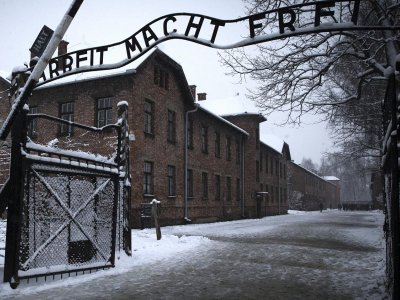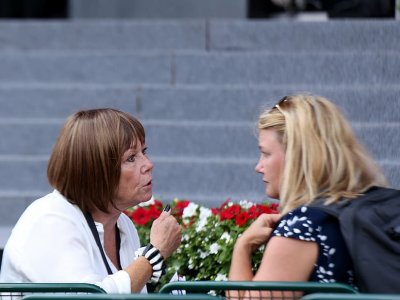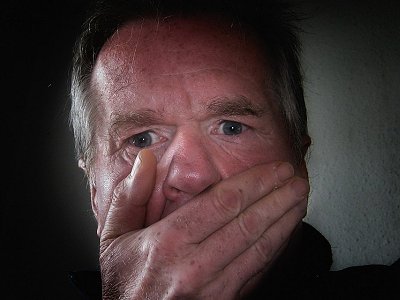
THE NEIGHBOUR FROM HELL
Claude Lanzmann, pre-eminent documentarian of the Holocaust has questioned whether drama can ever do justice to Auschwitz. The Hungarian film, Son of Saul, is as powerful as any, with its eyewitness account of a Jewish Sonderkommando in the camp. Much of the horror is seemingly just out of eyeshot, on the margins, but he and we know what is happening. Jonathan Glazer’s new, Oscar winning film Zone of Interest is a further step removed, but no less chilling for it.
The commandant of Auschwitz, Rudolf Hoss, his wife Herwig and their five children live in an expansive house on the other side of the wall to the camp. Their garden has been lovingly created and attended to; a source of great pride to the couple. A visiting grandparent describes it as ‘paradise’. Nothing much happens in the portrayal of bourgeois domesticity. It is a mundane, uninteresting life, but it is lived in the valley of the shadow of death. There are constant, faint sounds of shouts, screams and the louder crack of gunfire. Steam from arriving trains can be seen above the trees. Smoke and fire billow endlessly from distant chimneys.
Hannah Arendt, observing Adolf Eichmann, famously saw in this organiser of the wartime deportations the ‘banality of evil’. Zone of Interest embodies this like no other film. The family is formal, hierarchical. The scenes of domesticity are cold, unsentimental, antiseptic. After the children bathe in a river where human remains are found by Hoss, they are obsessively washed at home by their mother, scrubbed of every possible trace of the victims. There is grotesque paradox: the family complains the house isn’t as big as it seems and that it feels cold in winter. The trains take ages at Krakow and get too hot. Herwig is traumatised at the possibility of having to leave their life at Auschwitz.
There is no blind eye to the treatment of the inmates of Auschwitz. Herwig Hoss approves of the camp and, in one of the most unsettling lines of the film, casually and incidentally warns her Polish servant girl that she could have her ashes spread over a field if she chose. The older children know as well, incorporating the cruelty of the father’s job into their own role play, though you are left wondering at the corruption of the souls of children who are brought up within meters of this hellscape.
There is no moral conscience; the design of a new crematorium is discussed in the living room of the house like a meeting with an architect over a new conservatory. Over the wall, people made in the image of God have been dehumanised, brutalised and murdered; in the home next door, voluntary dehumanisation has occurred. These people have sold their souls, wrapping it up in the clinical, constrained, denuded language of bureaucracy.
The film asks us to make our own judgment and it would be easy to slip into moral equivalence. Comparisons have been made with the indolence of people who consume news about the suffering and horrors inflicted on people across the world. But these people are usually not living next door or directing the evil. Misappropriated guilt does not make the world a better place.
The film is a story about humanity in every era. When atrocities take place, there are always people nearby. Some bear responsibility; others are implicated by their inaction; still others may be wilfully unaware. For most, there is the lurking fear of standing out from the crowd. We are not shown how the Hoss family lost their humanity, but for many implicated in Nazi atrocities, it would likely have been by degrees.
The wall separating the family home and garden from the concentration camp in the film is not that large – buildings and windows can be seen on the other side. Walls dividing nations and ethnicities have become fashionable again in the twenty-first century. Some serve a necessary purpose; others do not. Yet the greatest feats of wall-building take place in the human heart, where we layer bricks so we do not have to look, and therefore think, about particular kinds of people. This is where our own souls become desensitised and in ways I suspect we are poor to identify.





